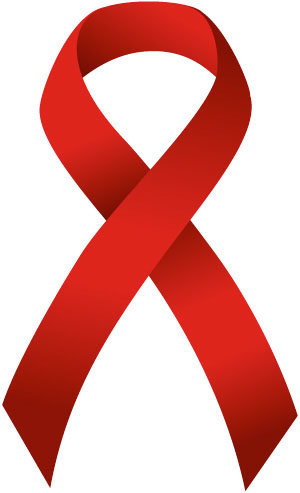
PEOPLE living with HIV/aids have called on the government to allocate more resources towards the fight and prevention of new HIV infections as stakeholders push to end the pandemic by 2030.
BY ALEXIS SIBANDA/XOLISANI NCUBE/CHARLES LAITON
The call came as Bulawayo commemorated World Aids Day at White City Stadium on Friday. The commemorations ran under the theme Closing the Taps on New Infections.
Zimbabwe National Network for People Living with HIV (PLHIV) executive director, Sebastian Chinhaire said the PLHIV sector is also playing its part in contributing towards achieving the 90-90-90 targets and said the government should do more to curb new infections.
According to the United Nations 90-90-90 target, at least 90% of all people living with HIV should know their status, 90% of all those who are diagnosed HIV positive to be on sustained antiretroviral treatment (ART) and 90% of those on ART are expected to have an undetectable viral load.
“PLHIV sector also continues to educate its constituency on treatment literacy, which aims to help individuals and communities understand why ARV treatment is needed, and encourages for uptake of HIV voluntary counselling and testing, better adherence to treatment, retention in care and improved health outcomes, “he said.
National Aids Council (NAC) statistics revealed that 36 700 people were infected by HIV in 2016 bringing the total number of people living with HIV and Aids to 1,3 million, and Chinhaire said the figures were too high.
Speaking at the same event, Bulawayo mayor, Martin Moyo, said people must go for HIV testing to prevent new infections. “Zimbabwe has been making significant strides to reduce the rate of HIV so let’s hold hands and strive towards reaching that goal,” he said.
- Chamisa under fire over US$120K donation
- Mavhunga puts DeMbare into Chibuku quarterfinals
- Pension funds bet on Cabora Bassa oilfields
- Councils defy govt fire tender directive
Keep Reading
NAC board chairperson, Evaristo Marowa also said people should focus on prevention of new infections for the nation to reach 90-90-90 target.
“Unless prevention is emphasised and given due prominence, HIV will not be defeated and the goal of ending Aids by 2030 will not be attained even in the era of effective anti-retroviral treatment,” he said.
“Closing the tap for new infections should be promoted and realised through rights-based approach that ensures right quality, affordable and accessible prevention and treatment services for all and especially for the most vulnerable.”
Despite the number of new infections, the government said the country has seen a decline in HIV incidence rates among adults from 1,1% in 2010 to 0,54% in 2016.
According to statistics, female sex workers in Harare stand an average of 12 860, Bulawayo at 8 500, Shamva has an estimated number of 680, while Mazowe district has 1 850 sex workers and these are said to be key drivers of new HIV infections.
Marowa said effective HIV prevention can only occur in an environment, where various targeted populations are treated with respect and dignity free from discrimination.
“We are aware that through robust and consented multi-spectral and multidisciplinary interventions that combine prevention and treatment, Zimbabwe has recorded significant progress in curbing new HIV infections in the past nine years, whereby, there has been a decline of 66% from 1,42% to 0,48%,” he said.
“We are convinced that before the end of the coming year all the 1 300 000 people estimated to be living with HIV will be on treatment.”
Meanwhile, the Gays and Lesbians Association of Zimbabwe (Galz) said, while the country has managed to significantly reduce the HIV prevalence rate, sexual minorities were still being sidelined in essential programmes.
“Galz wants to applaud the efforts of the ministry of Health and Child Care, National Aids Council, aids service organisations, civil society and other relevant stakeholders in their joint and complementary efforts in ending HIV,” the association said.
The organisation, however, raised concerns over other minority groups, which it said were being left out from adequate and relevant treatment services, thereby, making the goal of closing the tap of new infections hard to reach.
“Sexual minorities such as lesbians, gays, bisexual, transgender, intersex and other men who have sex with men and other women who sex with women are more vulnerable to HIV owing to limited access to relevant services targeted specifically at them.
“There is need for targeted HIV prevention programmes to be implemented with the engagement and participation of the LGBTI community so that they are more effective and ownership is promoted,” the association said.











